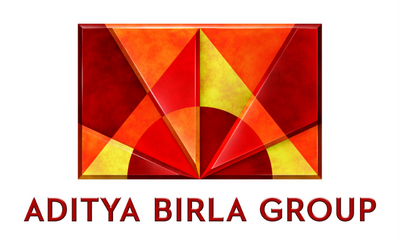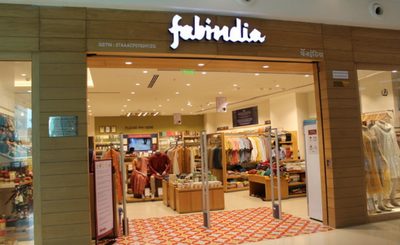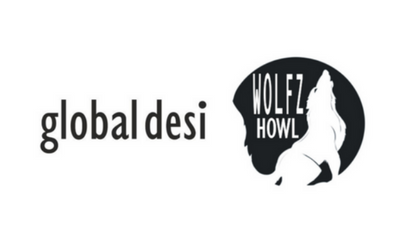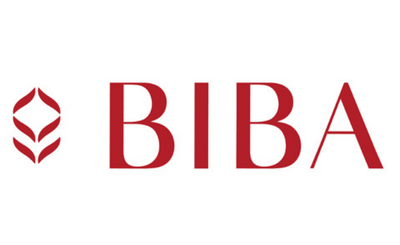Reliance Retail’s August 29 announcement of entry into the consumer packaged goods segment created a buzz in the market.
The retail giant’s entry into the fast-moving consumer goods (FMCG) sector is expected to intensify competition, as it does in every new industry in which its parent company, Reliance Industries Ltd. RIL), participate, according to experts. With this joint venture, Reliance Retail will have to compete with FMCG giants such as Hindustan Unilever, Nestlé and Britannia in an industry valued at more than $110 billion.
Even so, the Company may face many challenges in its FMCG venture.
“Competition is increasing in all the segments that the reliance is in for its guerrilla approach. The Company also wants to capture market share quickly. CEO of retail consulting firm Third Eyesight, Devangshu Dutta, says the telecommunications sector is a prime example. The tentative entry of Reliance Retail into FMCG was announced at RIL’s 45th Annual General Meeting of Shareholders (AGM) on August 29 by Isha Ambani, Director of Reliance Retail Ventures. “We will start our FMCG business. This Company aims to develop and deliver high-quality products at affordable prices that meet the daily needs of every Indian,” Ambani told shareholders.
Isha Ambani was introduced by Mukesh Ambani, her father, President and CEO of RIL, as the head of the Company’s retail business during the AGM. In his keynote, Mukesh Ambani also said that he hopes the retail arm will become the largest segment of the group. Reliance Retail is already present in the FMCG segment as a private label sold through the Company’s chain stores, such as
- Reliance Smart,
- Reliance Mart
- online grocery platform JioMart.
Brands such as Good Life, Best Farms, Desi Kitchen, Snac Tac, Yeah!, Safe Lite, Petals, Mothercare and Calcident are FMCG brands sold by the Company.
Private labels contribute up to 65% of the Company’s revenue. Analysts say the Company will initially expand its private-label offerings and focus on segments where it already has a presence.
“The products Isha plans to sell include groceries like flours and cereals, cooked meals, ketchup, jams, soft drinks, juices, breakfast cereals, oats, muesli, honey, sauces, tea and coffee in the food area,” a note from Edelweiss said.
In the non-food sector, the Company sells products such as soaps, shower gels, hand soaps, facial cleansers, hair conditioners, talcum powders, disinfectants, sanitary napkins, diapers, and toothpaste. And toothbrushes, nail polish, beauty and hair accessories, and everyday products. Essentials, including deodorant, nail clippers and scissors. Edelweiss said he expects Reliance Retail to initially target FMCG segments such as flours and grains, cooking oils, flours, dried fruits, spices, pickles, pasta, idli flour and dosa powder, namkeens, sweets and low-grade detergents.
According to experts, this decision is expected to increase competition in the segment and may affect existing FMCG companies in the short term. “We do not expect a significant impact on existing player numbers in a two to three-year perspective. However, short-term multiples could pose risks for some Hindustan companies like Unilever, Britannia, Marico, Adani Wilmar, Godrej Consumer Products, etc. It will not have much impact on Nestlé, Colgate, Dabur, ITC,” Edelweiss wrote in his memo.
The impact on the industry will depend on how active Reliance Retail is in product launches.






